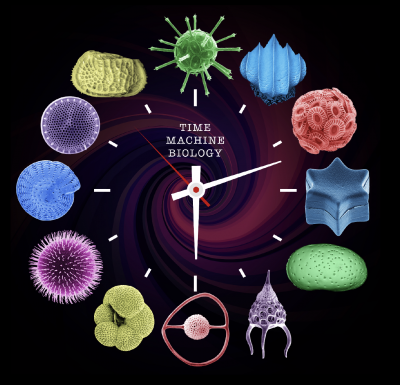- Startseite
- Archiv Gastvorträge
- Moriaki Yasuhara
Time Machine Biology: paleobiology, biodiversity, and climate change
Direct observations of marine ecosystems are inherently limited in their temporal scope. Yet, ongoing global anthropogenic change urgently requires improved understanding of long-term baselines, greater insight into the relationship between climate and biodiversity, and knowledge of the evolutionary consequences of our actions. Sediment cores and fossils included there can provide this understanding by linking data on the responses of marine biota to reconstructions of past environmental and climatic change. Given continuous sedimentation and robust age control, studies of sediment cores have the potential to constrain the state and dynamics of past climates and biodiversity on timescales of centuries to millions of years. Here, we review the development and recent advances in "ocean drilling paleobiology" or "Time Machine Biology"—a synthetic science with potential to illuminate the interplay and relative importance of ecological and evolutionary factors during times of global change. Climate appears to control marine ecosystems on various timescales. I will showcase several examples from recent studies from our lab.



